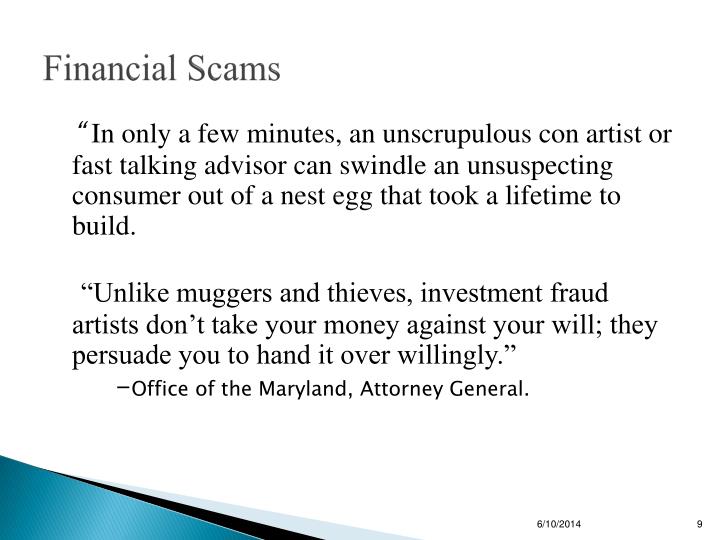Image source: http://loanocks.com/wp-content/uploads/2017/11/example-of-loan-contract-purple-payday-loans-review-with-loan-agreement-between-family-members.png
The bank regulators believe that the situations of many of the troubled commercial borrowers are only temporary and that they really want to continue with the payments but the circumstances are preventing them from doing it. They also realize that offering the borrowers a chance to recover would benefit the banks and the economy in the end. Naturally, the regulators also pointed out that even if they have expressed their support for restructuring the loans, this does not mean that the lenders will disregard the basic rules for assessing risks and approve all applications. It would not benefit anyone if a commercial loan modification is provided to a business that has lost its viability and when the foreclosure is unavoidable.
Basically, what the bank regulators are suggesting that banks should do is to expand their creativity when trying to look for ways to help the businesses that still have a chance of surviving the crisis. This is where the commercial loan review becomes important. This is the method of appraising the capability of the property owner to come up with the modified mortgage payments. Some of the factors that the lenders have to consider include the payment history, the flow of cash into the business, the availability of guarantors that can take over if the borrower fails to pay, and the condition of the market. Thus, the commercial loan review will have a vital role in the decision making of the bank for or against the loan workout.
However, for the borrower, the commercial loan review is something that is usually done by a loss mitigation expert or consultant. This activity will focus on the original loan agreement because experts have discovered that 80 percent of the loans that were released for commercial properties during the prosperous years in real estate contained flaws. These flaws are transgressions against the laws and regulations that have been put in place to protect the borrowers from the abusive practices of some lenders. The point is that the corresponding penalties for these flaws are usually severe, such as requiring the lender to return to the property owner all interests that have been paid since the beginning of the mortgage. Moreover, the bank would not be able to apply any of the provisions contained in the original agreement and this includes repossession or foreclosure of the property. Hence, the borrower would have a strong negotiating position if such violations are discovered in the loan documents.
The presence of such violations will also be helpful for the borrower if the foreclosure proceedings have already started. The court will freeze the proceedings until such time that a decision has been made regarding these accusations. The commercial loan review is therefore a very potent weapon for the property owner in convincing the lender to grant a loan workout.
